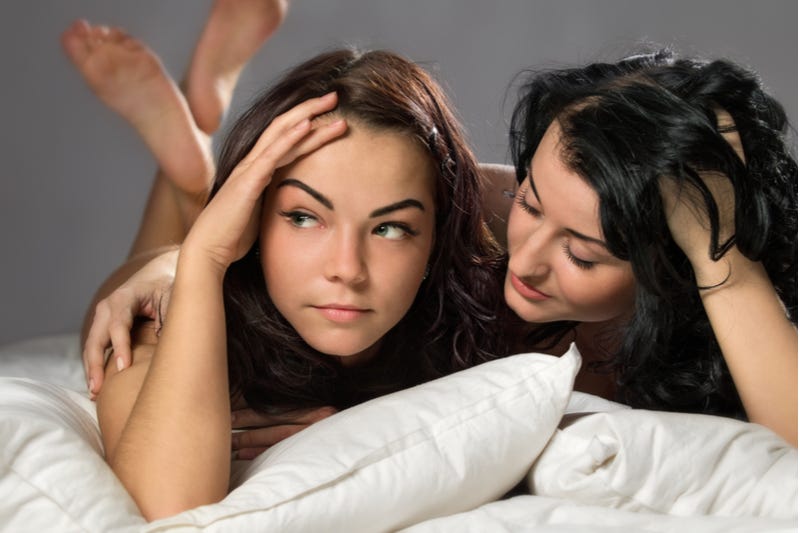#13) About the Dreaded B-Word
When I started to delve into this topic, it took me in unexpected directions
This week we’re going to take a slight detour from my dating misadventures to explore Generation X’s struggle with the dreaded b-word: bisexual. Women of Gen X who didn’t identify as heteronormative were confined to four letters, L-G-B-T, and for those who were cisgender, to two choices: gay/lesbian or bisexual. There was a reluctance to identify as bisexual, because of the stigma attached to the label. As with many stories in this project, when I started to delve into this topic, it took me in unexpected directions.
Keep reading with a 7-day free trial
Subscribe to Straight to Gay to keep reading this post and get 7 days of free access to the full post archives.


